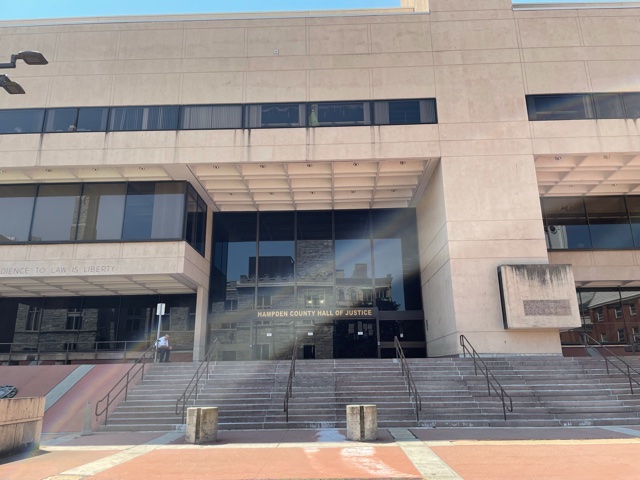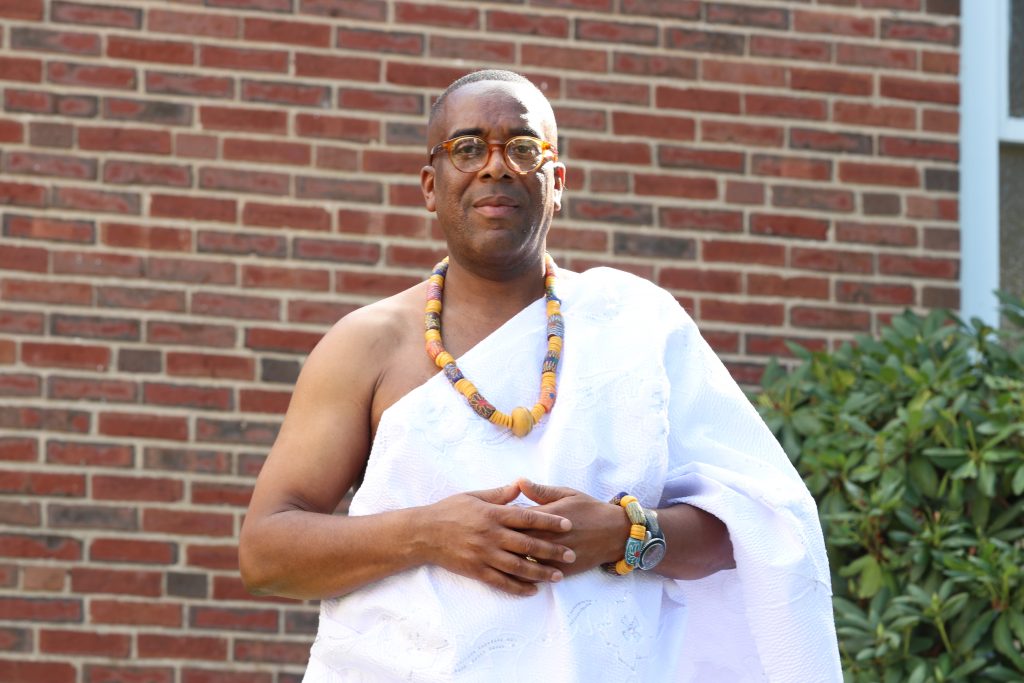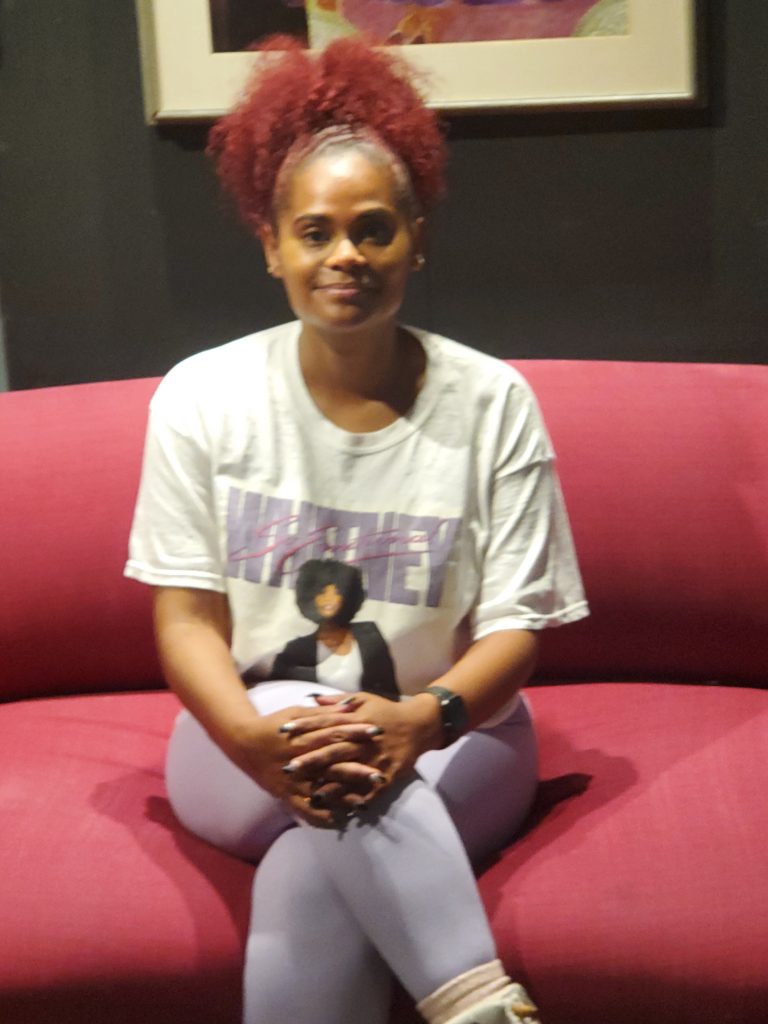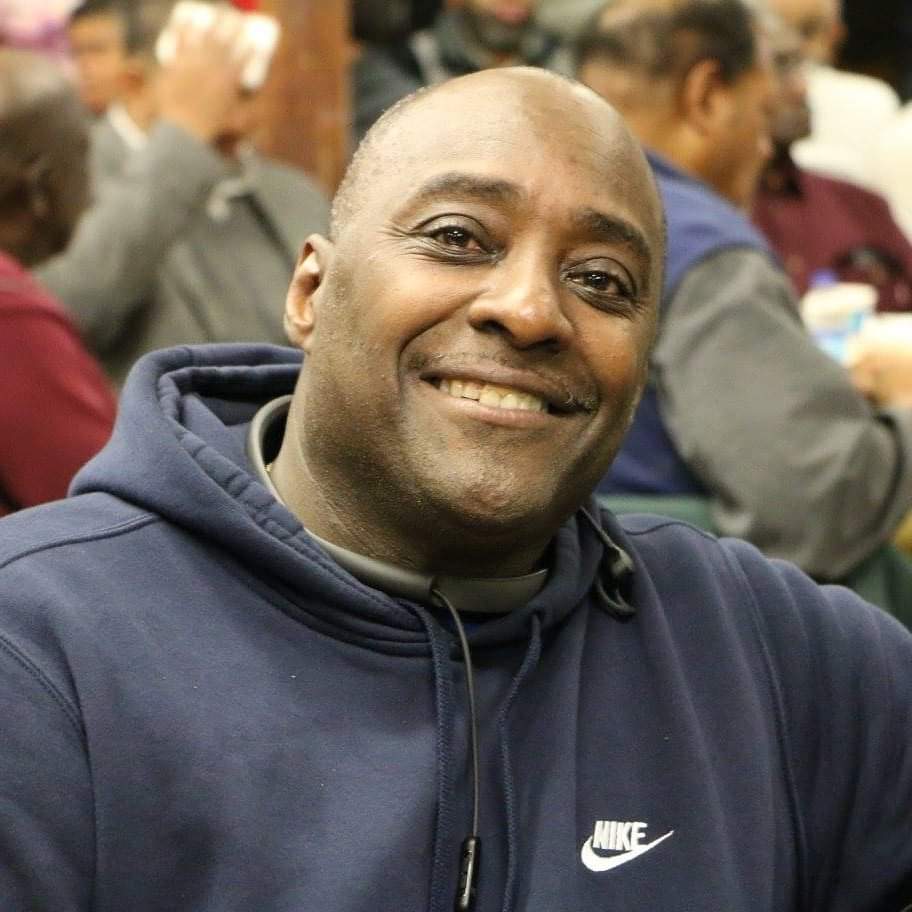Written by Drew Keaton El
The struggle continues across the Commonwealth of Massachusetts as anti-Black behaviors continue the anxiety of many employees of color on both the municipal and state level.
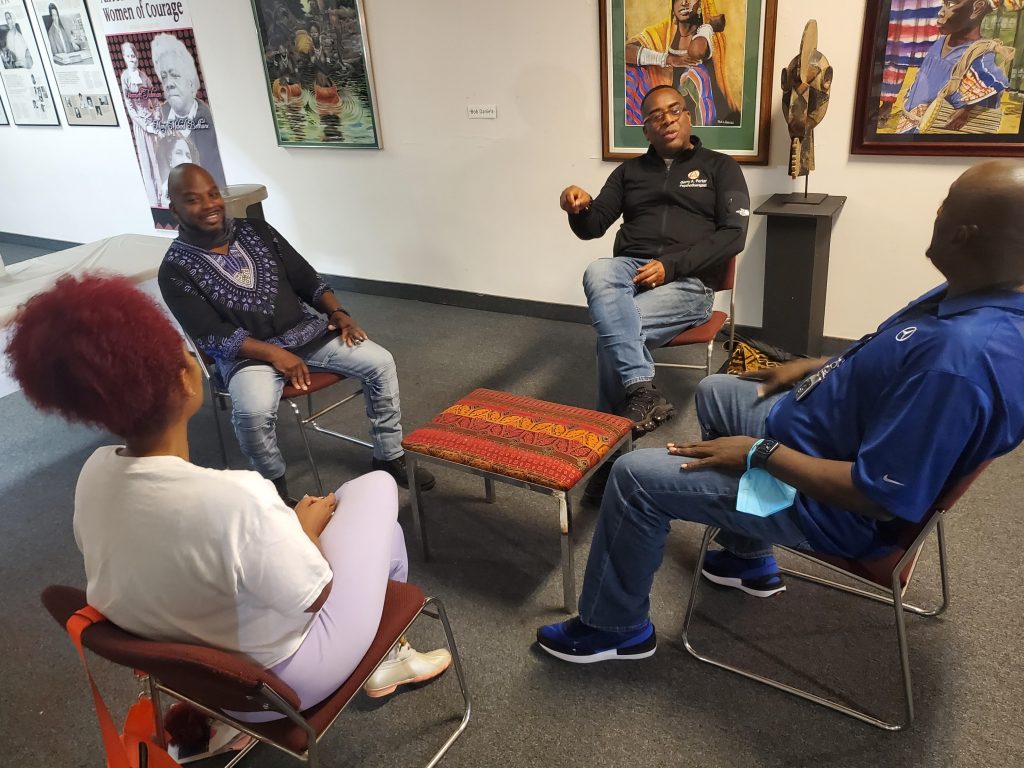
On Monday, July 20, 2021, a facilitated meeting with State Representative Bud L. Williams to hear the concerns and complaints of racist activity associated with the Springfield Trial court.
A few employees of color were brave enough to attend and tell their stories, while others remained silent in fear of retaliation or termination. Sharon Rodriguez, Garry Porter, and Dennis Lawson sat down with Andrew Keaton El and Marcia Davis Garrison via email to discuss racial disparities and the obstacles that cause frustration and hopelessness on the job.
Garrison reported, unfortunately, there is no doubt in my mind the color of my skin has held me back from promotions. The fact that as a person of color, we’re reminded by Black leadership constantly that “we must work three times” as hard as others to gain promotions – is an obvious clue that my color is going to hold me back,” and they know it!.
Garrison said that she had taken the original promotional exam and three other trial court employees (all non-Black). She stated that “supervisors told her that she was guaranteed a promotion, especially since the trial court looked for diversity. As a result, all three of her colleagues (non-Black) were promoted, two of whom are now Chief Probation Officers.
Sharon Rodriguez shared, discrimination runs deep, and it’s unjustified. For example, she states, I have dealt with racial slurs regularly, and management did nothing to deter future occurrences. In addition, Rodriguez said people in management positions do nothing and say nothing.
As an Afro-Latino Woman working in this uncomfortable environment, racism, especially in my case, I was passed over for a promotion by a White female who had only been in the office for a year, and I’ve been in the office for nine years. Why? White privilege / white favor, and it’s tiring. Rodriguez said.
For people of color, being passed over without explanation seems to be a common occurrence; historically, they have been non-existent. However, Rodriguez says there was no explanation, nothing to help her understand what took place, so Rodriguez decided to come forward and speak.
Rodriguez explained I had to come forward because I didn’t want this to happen to anyone else of color. I know how hard it was for me and when I look back. I couldn’t go through it again, knowing that it wasn’t going to end well for me. I understand my worth and my value, So I was forced to make the tough decision of leaving.”
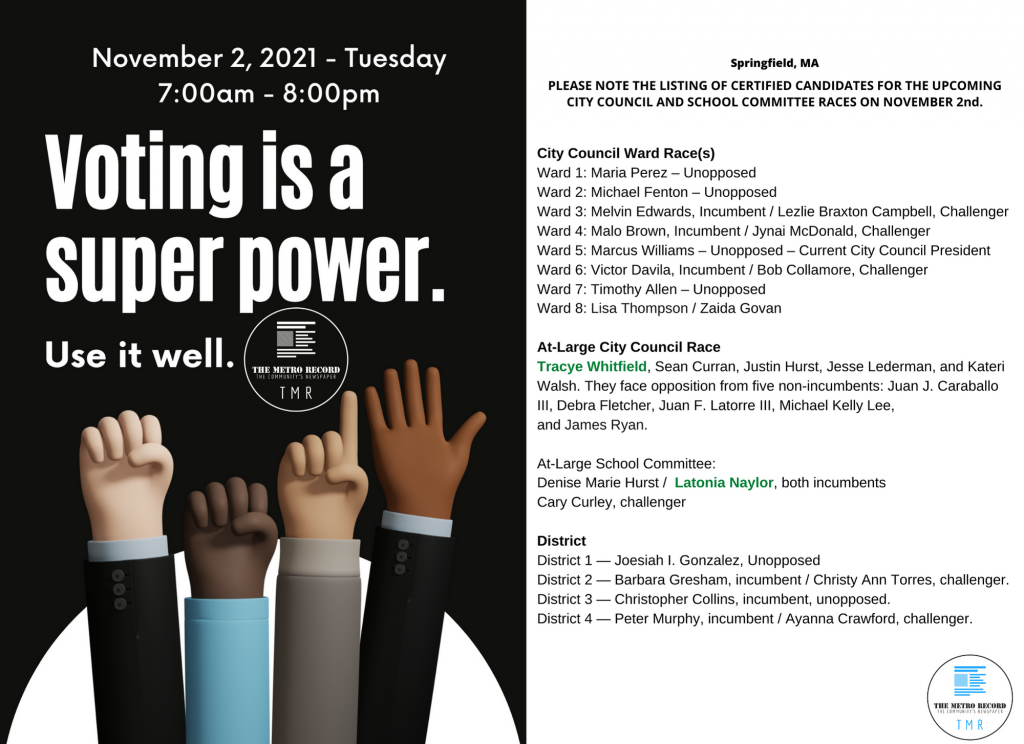
Garry Porter, a former Probation Officer with the Massachusetts Trial Court, made headlines recently with his resignation.
Porter stated, to describe the courthouse environment, I can only describe it using these words: white privilege, white fragility, and microaggressions. But, Porter continued, the word I would use when it comes to us (people of color) is internalized racial depression.”
Rodriguez added, being a single mother raising two daughters, leaving was a difficult but necessary decision. She said the Trial Court Probation division needs to be exposed, and I’m here to tell my story and fight for what’s right. We don’t see people who look like me from our communities. I have seen firsthand how the white probation officers talk to clients from communities of color before they walk through the door; they have already labeled these individuals as criminals.
Porter said, the entire time that I was employed there, to be clear, my work record was stellar. I was a highest performing probation officer in the office. I mention my work performance because this is why we need to talk about racial oppression. The 1st example that I want to give you, I wore a Dashiki to work and was approached by John Gilpatrick, chief probation officer, who asked sternly, did I have permission, as if I were a boy, or worse, a slave.
Another example was as a member of the “cultural champions.” The cultural champions were given clear instructions as to our role, which was to deal with the issues of race and culture. As you know, people shy away from having open, honest conversations. We had a Statewide celebration two days before I sent our office three videos of the relevant videos. One of the videos was on white privilege, another on white fragility, and the last one on microaggressions. I sent the videos and offered a dialogue; it clearly stated that this was educational within that email. I offered Colleagues an invitation to reach out for questions, not to mention the Trial Court uses these videos for training purposes. Several months later, I received a notification stating I was under investigation; also, the letter noted that “I was over-familiar with Black” people, I found that personally, to be clearly racist, I don’t understand how an investigator in the Office of Workplace Compliance can write a statement like that and not see it as a racial statement. It reminded me of when Black people were not allowed to talk to each other. Porter continued; the investigation turned into a written warning because they had absolutely nothing on me. The warning literally portrayed me as a racist. After the investigation, Margaret Pinkham, Head of Workplace Compliance, told me that I wasn’t allowed to look another white woman in the eye.
Court Officer Dennis Lawson has worked with the Trial Court for eighteen years. Lawson says it’s been his experience. As a black person, if you come forward, you become a target, as they did to me for speaking out against promotions, hiring practices, etc. For example, Heather Brouillette promised all her people jobs and promotions once they finished the Academy and became court officers. Director Morrow knew of this, did nothing, and said nothing; he, in my opinion, is the biggest racist of them all. Brouillette’s wife was in the Academy and was excused of any physical activity required by graduation standards; she moved on to an Assistant Chief Position within three years. There were individuals still on their probationary period who were allowed to take exams. Meanwhile, Blacks were not allowed the same opportunities. And when we speak up, there is a bullseye put on our backs, and the black court officers in position say nothing for fear of demotion or loss of job.

Garrison added, the way the promotions work within the trial court is hard for anyone not well connected; it’s even more challenging for a person of color since those who are well connected have no reason to communicate with you! As a woman of color, I have been made to feel like a mere peg that was hired simply to be placed in an affirmative action hole! They make you feel as if you were hired as a number, not as an educated person with ambition, goals, or determination. It’s as though my presence in this organization adds no value and does not deserve any recognition, especially in the form of a “promotion.”
Garrison continued, at this point in my career, a promotion does not add anything of significance to my paycheck. However, I cannot continue to sit around and quietly watch what is happening. If speaking out helps to stop the disregard and emotional abuse I’ve witnessed happening to hardworking, qualified, deserving employees – then I finally would have received “my promotion.”
Asked if alternative options were available to file a discrimination complaint, Lawson chuckled and replied that a Black person’s complaint goes absolutely nowhere! It hits a wall! Case in point Nicholas DeAngelis assaulted a recruit and was put on paid leave along with Heather Brouillette; when everyone knows that that is grounds for immediate termination. Had it been me, I would have been escorted out of the Academy by the police and been in court the next day on charges. The double standards are bluntly right in the open; everyone knows what goes on.


